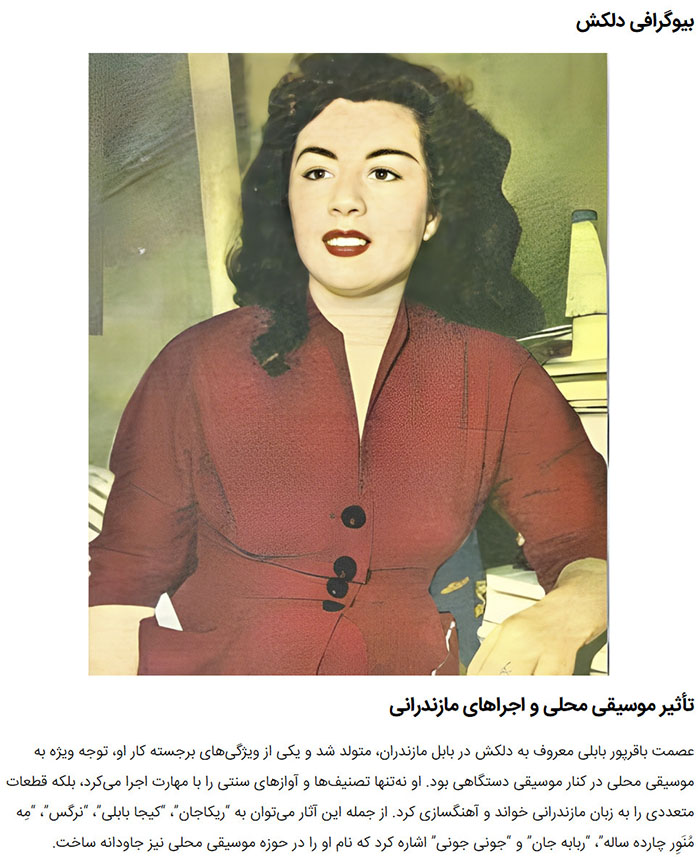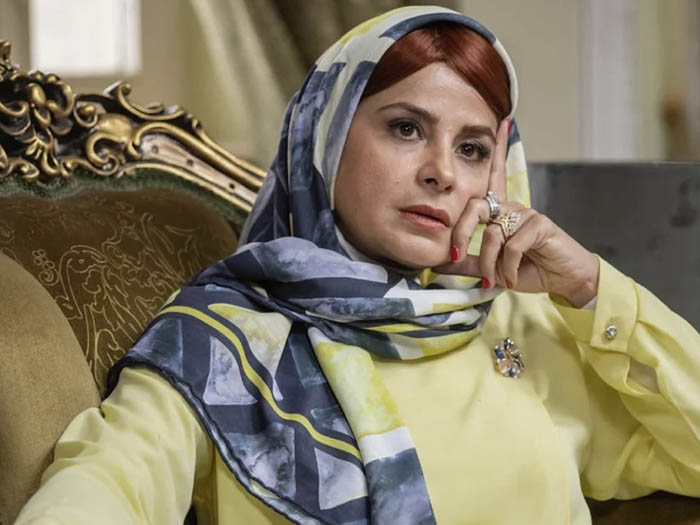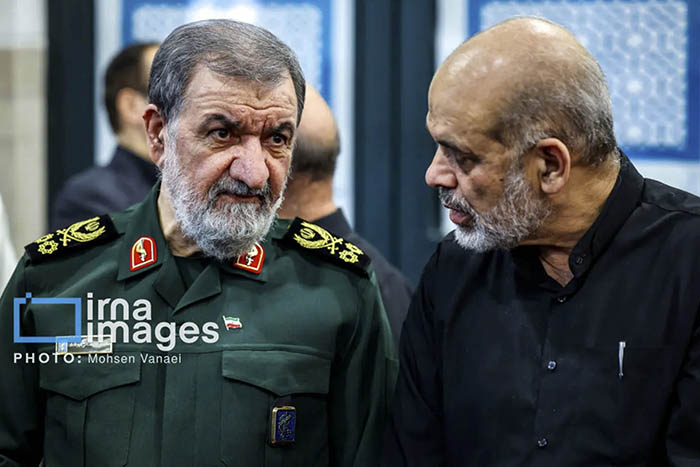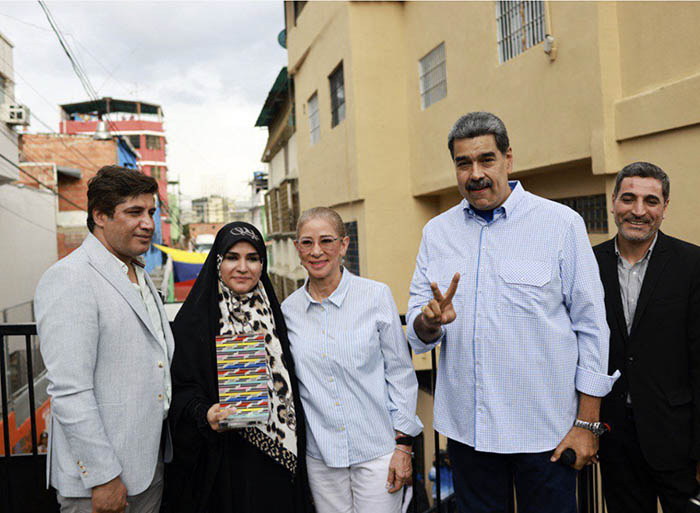Celebrating Delkash: The Lady of the Golden Throat of Music

On March 22, 1403, the world would have celebrated the centenary of Esmat Bagherpour Babli, known widely by her stage name, Delkash—the “Lady of the Golden Throat.” As one of the most revered figures in the landscape of Iranian music, Delkash not only bridged traditional and modern styles but also left an indelible mark on generations of singers who followed her.
Early Life and Musical Journey
Born in Babol, Mazandaran, Delkash’s nascent talent was nurtured from a young age. Growing up in a region rich with musical traditions, her early exposure to local Mazandarani music laid the foundation for a career characterized by its unique fusion of regional rhythms and classical melodies. Her deep connection to her roots allowed her to craft songs like “Rikajan”, “Kija Baboli,” and “Narges,” firmly situating her within the pantheon of contemporary Iranian music.
At merely a teenager, Delkash moved to Tehran with her sister to pursue her education. During this time, her singing ability was noticed by an influential teacher, leading to her introduction to Ruhollah Khaleghi, a pivotal figure in Iranian music. He recognized Delkash’s potential and directed her to Abdol Ali Vaziri for formal training. This mentorship was instrumental in polishing her craft and preparing her for a flourishing career.
In the summer of 1944, Delkash made her official debut on Tehran radio, performing a song that showcased her remarkable talent. This marked the beginning of a prolific career during which she would capture the hearts of many with her emotive singing and charismatic presence.
Influence and Collaborations
Delkash was significantly influenced by earlier women singers like Malouk Zarrabi and Rooh-Aniz, a phenomenon she often credited for inspiring her love for music. Rooh-Aniz’s lyrical prowess introduced new dimensions to Delkash’s singing style, which became marked by her powerful and voluminous voice, allowing her to traverse a broad vocal range that included alto, tenor, soprano, and mezzo-soprano.
Her partnership with talented musicians such as Mehdi Khaledi and Navab Safa led to the creation of some of her most celebrated pieces, including the timeless “Amad Nobahar.” Released during Nowruz (Persian New Year) in 1327, this song quickly became synonymous with the holiday celebrations in Iran, captivating listeners for over two decades.
However, Delkash’s creative journey was not without its obstacles. Following the Islamic Revolution in Iran, she, along with many other female singers, was marginalized from the mainstream music scene. Despite these challenges, her songs continued to resonate in private spaces, reflective of her enduring influence.




